The Sustainable Development Goals (SDGs) performance year is 2030, and we are a decade away from the planned year for achievement. Solid Waste Management (SWM) is an issue that cuts across multiple sustainable goals, it is associated with 12 out of the 17 SDGs (Rodic-Wiersma and Wilson, 2017).
The Sustainable Development Goals (SDGs) performance year is 2030, and we are a decade away from the planned year for achievement. Solid Waste Management (SWM) is an issue that cuts across multiple sustainable goals, it is associated with 12 out of the 17 SDGs (Rodic-Wiersma and Wilson, 2017). To date, Nigeria has practiced various waste disposal and processing methods including open dumping, some plastic to a pallet, and waste to compost at small to medium scales. However, with the growth of the population and the increased amount of waste year over year due to this growth especially in the Abuja FCT axis, it is important now more than ever to consider adopting large-scale waste disposal and processing measures to achieve the SDGs by 2030. Beacon plans of carrying out a process that will reduce the solid waste in the society.
The Project will be executed in three (3) phases along the solid waste management value chain:
PHASE I
Recycling of non-degradable plastic waste.
This will include various types of Polyethylene Terephthalate (PET) such as water bottles, plastic bottles, cement bags, etc.
This will include various types of Low-Density Polyethylene (LDPF) such as cling wrap, plastic cups, shopping bags etc.
PHASE II
Expansion into full municipal solid waste (MSW).
In phase 2, BEACON will expand the waste recycling program from the waste plastic waste recycling program and include the metal and cardboard recycling. This will allow for a systematic development of the MSW project in a way that is sustainable.
Phase 2 becomes an important component of sorting all recyclable items to have a robust process to take all organic compost and unusable waste to be used in the third and final phase.
PHASE III
Conversion of organic compost and utilize for Waste to Power Generation.
After the separation of all recyclable materials, what is left will be separated yet again to provide to the agriculture industry and neighboring communities organic compost. The separation of organic compost from materials that cannot be recycled is the final stage of the MSW separation process.
All wastes that cannot be reusable or turned into compost will be collected and moved to the Combustion chamber to be converted to energy that will be used to power up surrounding communities.

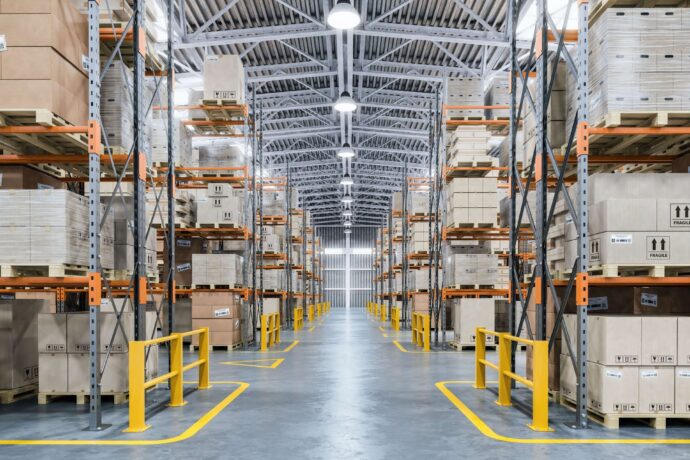
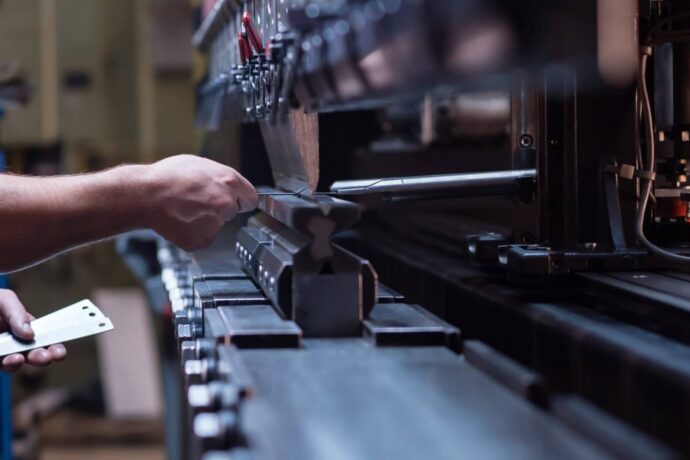
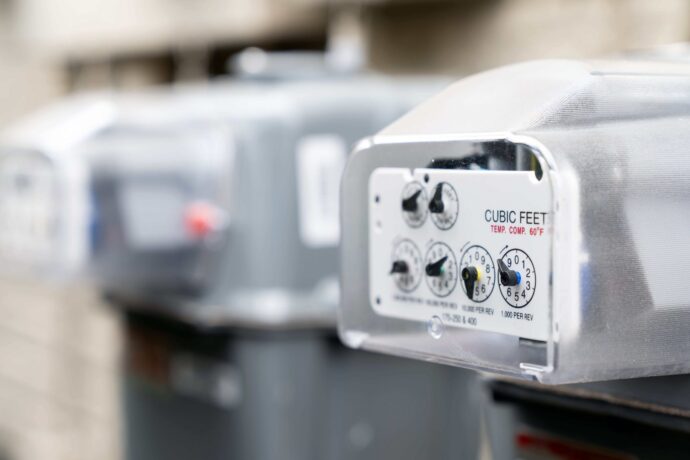
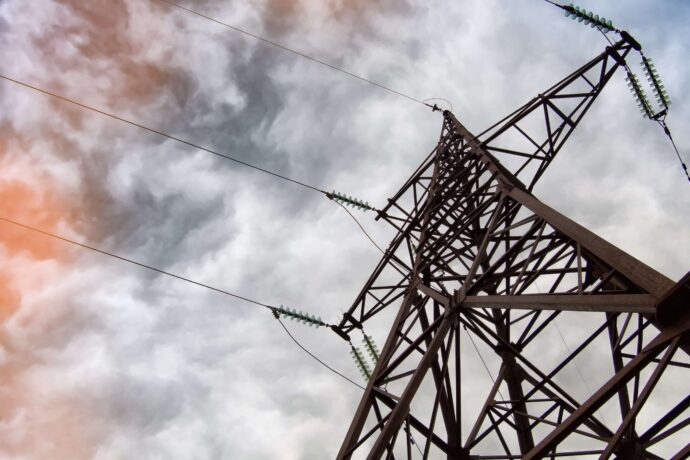

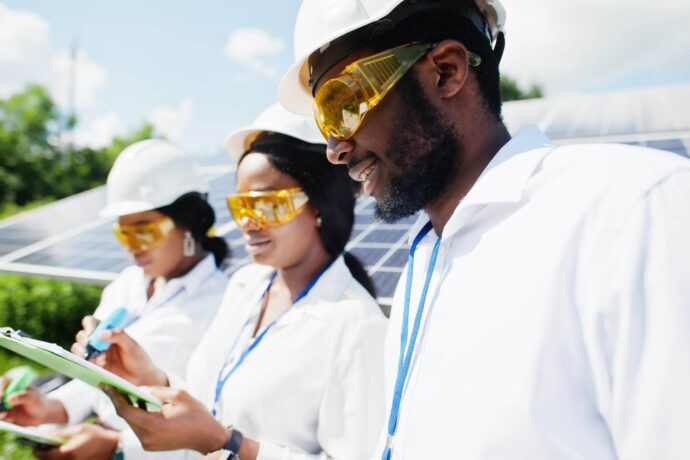
Leave a comment